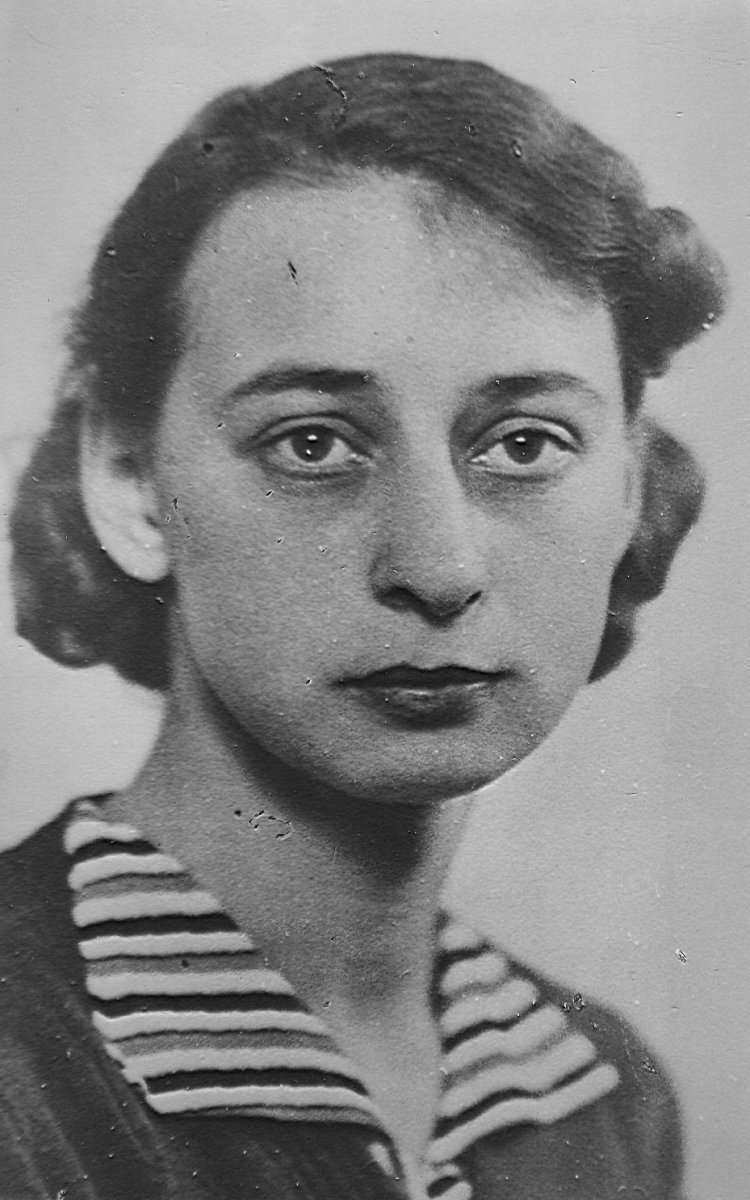Anna Świeżawska, a graduate of the Polish philology in Poznań, worked as a proof-reader in the St. Wojciech Editorial in Poznań. By the end of August, 1939 she was enlisted to the military hospital in Łódź as a nurse (she had a year of training in the Polish Red Cross). When she returned to Poznań, following the September defeat, she learned that the institution where she used to work had been terminated and their equipment confiscated. An unimaginable terror ruled everywhere. At the same time, news arrived of the Polish army and authorities organising in France. Anna considered leaving the occupied country. She told about her plans to her friend from work, editor Kirył Sosnowski. He then offered her a courier mission for the newly created underground organisation. Anna didn’t think twice and swore a conspiracy oath a few days later.
Preparations for the mission
Organisation “Fatherland” was established at the end of September, 1939 from the inspiration of pr. prelate Józef Prądzyński, which aimed at bringing social aid and conducting secret intelligence, archives and educational activities. At first, it was intended to operate at the western Polish lands joined to the Third Reich, but since 1940 it also included the communities deported to the General Governance. The news of the creation of Gen. Sikorski’s government in France motivated the underground organisation to make contact as quickly as possible.
In autumn of 1939, “Fatherland” had no legal division nor any technical capabilities to ensure relative safety for the transport of conspiracy post. It was decided that Anna would try to apply to the occupying forces for documents required to visit her family in Lviv (at the time under Soviet occupation). Soon, her efforts ended with success. The director of the informative-archives division of the “Fatherland”, Kirył Sosnowski codename “Konrad”, prepared a situation report. The female courier had to memorise all of it. Her mission was to reach Marian Seyda, a prominent Poznań activist of the National Party who became a minister in the Polish government in France. The organisation provided her with a five pound coin which she sowed into her clothes. Just before her departure pr. Prądzyński held a holy mass in the intention of the success of her mission.
